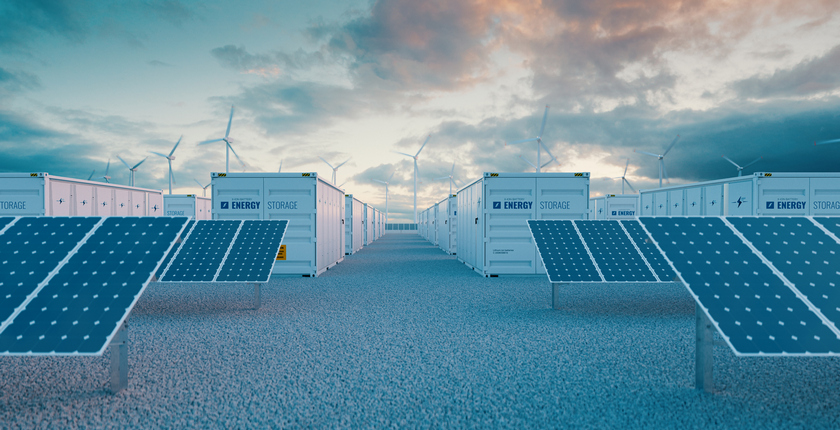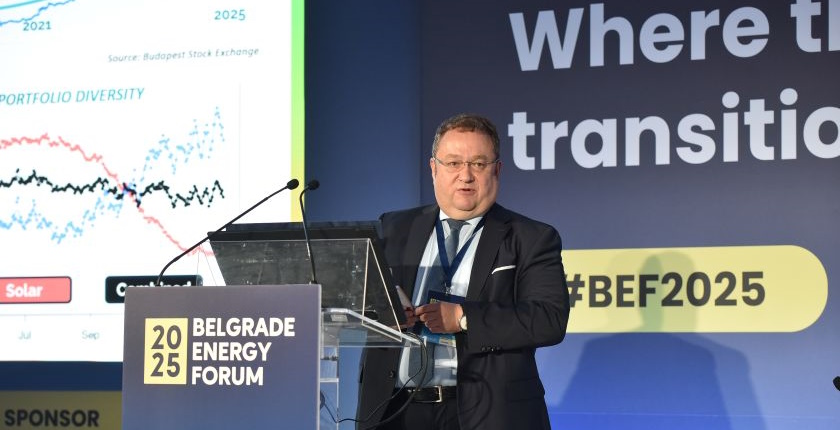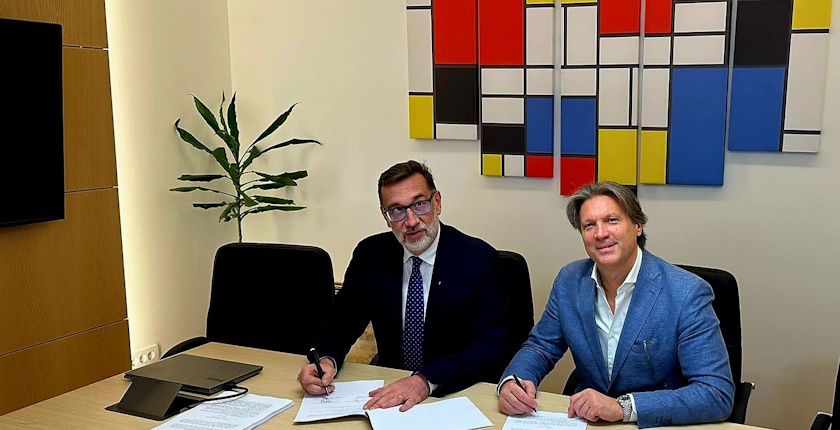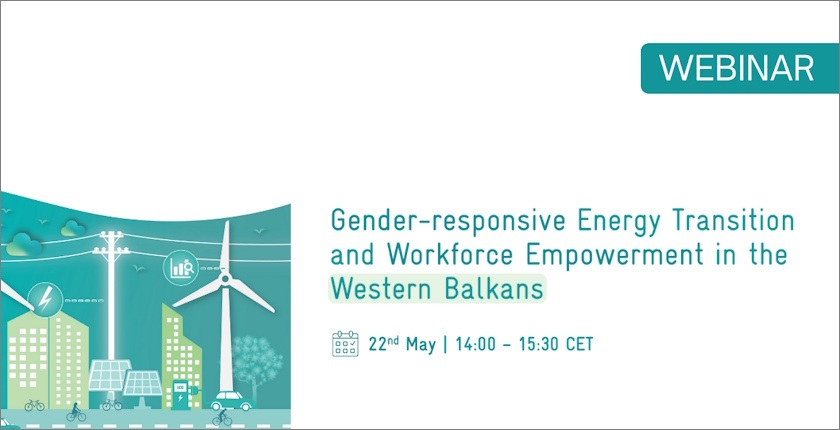Author: Anna Iafisco, policy adviser for housing at Eurocities, EUSEW’s partner organisation
City governments are ready to lead the transition to climate-neutral buildings by 2050, but they cannot do it alone. To ensure a fair transition, they need EU and national support to help low- and middle-income households access renovation support. With better funding, aligned policies, and tools like one-stop shops, cities can deliver warmer homes, lower bills, and a liveable future for everyone.
The road to climate neutrality runs through our homes – and cities are taking the lead. Buildings account for 40% of Europe’s energy use and 36% of emissions, making the decarbonisation of our built environment both a major challenge and a vital opportunity.
By improving energy efficiency, particularly in the residential housing stock, cities are not only cutting emissions and boosting energy security, but they are also improving people’s quality of life. Crucially, this transformation offers a chance to tackle energy poverty, which still leaves too many households without adequate heating, cooling or lighting, while also addressing the question of equitable access to green and healthy living spaces.
For the transition to succeed, it must be fair. At Eurocities, we believe no one should be left behind, especially vulnerable and low- to middle-income households, often exposed to high energy bills and inadequate living conditions.
Reaching a climate-neutral building stock by 2050 will depend on inclusive, well-funded renovation policies that reflect the realities of Europe’s diverse housing systems, and on empowering cities to lead the way.
A diversity of housing systems, a common challenge
Europe’s housing systems are highly diverse, from strong social and cooperative housing sectors in some countries to more privatised or market-driven systems in others. Any EU-wide building policy must allow for flexibility, enabling local, regional and national governments to tailor solutions to their specific situations.
A one-size-fits-all approach to financing renovation risks excluding those who fall outside strict income thresholds or tenancy rules, particularly in private rental markets, where incentives often do not reach either landlords or tenants. Elsewhere, outdated ownership structures or limited municipal control over social housing create further obstacles.
This diversity must be explicitly acknowledged in EU policy frameworks. We need adaptable rules that empower local authorities to reach those most in need, protect tenants from the risk of displacement, and ensure that EU funding tools match the real conditions on the ground.
One-stop shops: making renovation simple and inclusive
One of the most effective ways cities can support households through the transition to energy-efficient and sustainable homes is by setting up one-stop shops. These local services provide clear, accessible information about renovation options, available grants and loans, technical support, and trusted contractors – all in one place.
In Milan, the ‘Sportello Energia’ (Energy Desk) helps residents navigate energy efficiency improvements, with a special focus on reaching low-income and energy-poor households. The city combines this advisory service with targeted financial support, enabling families to carry out renovations they otherwise could not afford.
Similarly, in Rotterdam, the ‘WoonWijzerWinkel’ offers a physical and digital one-stop-shop, where residents can get free independent advice tailored to their homes. The shop has become a trusted go-to point for citizens who may otherwise be excluded from renovation schemes.
These examples show how local services, when designed with people’s needs in mind, can build trust and boost the renovation rate, especially among the most vulnerable.
Targeting support where it matters most
We know that comprehensive renovations are costly, and many households cannot afford them. That is why targeted public investment is vital. Renovation efforts must focus first on the worst-performing buildings, which are often home to people at risk of energy poverty. This is where we can achieve the greatest impact, both for the climate and for residents’ wellbeing.
In Vienna, a long-standing commitment to affordable housing has positioned the city as a leader in socially inclusive climate action. The city is implementing a large-scale renovation programme for its social housing stock, combining energy efficiency improvements with tenant protection measures and cost control.
Meanwhile, in Ghent, Belgium, the city has partnered with social organisations to reach vulnerable households and co-develop tailored renovation plans. This collaborative model ensures that support reaches those who need it most, while building long-term capacity within communities.
These experiences offer valuable lessons for the implementation of the EU’s revised Energy Performance of Buildings Directive. Cities are ready to roll out building upgrades, but they need clear standards, funding and flexibility to adapt to their local realities.
Decarbonising heating, improving lives
Renovating buildings is only part of the solution. Most homes in Europe are still heated with fossil fuels, particularly natural gas. To meet the EU’s 2050 climate targets, we must rapidly phase out fossil fuel boilers and invest in renewable, efficient heating and cooling systems. This is a crucial step to reduce emissions and protect residents from rising fuel costs and energy insecurity.
Cities are already taking action. In Paris, the city is expanding its district heating network based on renewable energy sources, prioritising connections for social housing and public buildings. This approach not only cuts emissions but also shields residents from volatile energy prices, demonstrating the power of public infrastructure to deliver a just transition.
A vision for truly affordable climate-neutral homes
To fully realise the transformation of the built environment, Europe must also advance a shared agenda for affordable, inclusive, and healthy housing. The upcoming European Affordable Housing Plan presents an opportunity to address the affordability crisis by supporting investment in affordable housing, improving existing stock through deep renovation, and aligning climate, environment and social objectives.
Cities are implementing change, but they need greater support to deliver renovation programmes for social and affordable housing, to develop new housing construction that meets climate neutrality and environmental objectives, affordability and accessibility standards. At the same time, EU funding instruments must be better coordinated and easier to access, so they reflect local priorities and realities.
By embedding the principle of housing as a human right into the green transition, the EU can drive a shift towards housing systems that are not only sustainable, but also fair, resilient and inclusive.
A call to action
If we want to reach climate neutrality by 2050, there is no time to lose. A swift, ambitious implementation of the Energy Performance of Buildings Directive, in alignment with the EU Nature Restoration Law, is essential to meet the 2030 targets and to lay the foundation for a fair, sustainable future.
Despite political pressure, the EU should remain focused on putting the recently adopted directive and regulation into practice, rather than adding further uncertainty to an already complex political landscape.
Cities stand ready to lead this transformation. But they cannot do it alone. We call on the EU and Member States to work closely with city governments, empower them through direct access to funding, and ensure that climate, environment and housing policies support the same goal: better homes, healthier lives, and a liveable planet for all.
The building transition must be about more than cutting emissions. It must ensure that everyone, regardless of income or housing tenure, can live in a decent, energy-efficient and quality home.
If we get this right, we will not just reduce carbon and help restore nature, we will ensure a better future for the people of Europe.
This opinion editorial is produced in co-operation with the European Sustainable Energy Week (EUSEW) 2025. See ec.europa.eu/eusew for more details.
Post Views:19






